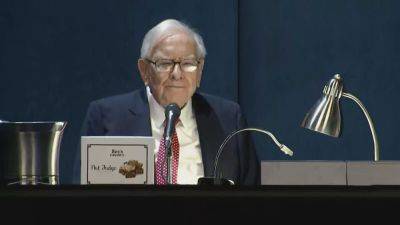Binance Pushes Back on Israeli Military Requests to Freeze Crypto Wallets
Arslan Butt is an experienced webinar speaker, market analyst, and content writer specializing in crypto, forex, and commodities. He provides expert insights, trading strategies, and in-depth analysis...
Binance, the world’s largest cryptocurrency exchange, has pushed back against recent requests from the Israeli military to freeze crypto wallets linked to Palestinians and other individuals in the region.
According to Binance’s global head of financial crime investigations, Nils Anderson Röed, the platform has rejected 86% of these requests due to a lack of supporting evidence.
Röed emphasized that Binance’s decision-making process involves conducting independent investigations to ensure compliance with international law while safeguarding the rights of its users.
This approach contrasts with claims that Binance blindly follows governmental directives, highlighting its commitment to thorough due diligence in politically sensitive regions like the Middle East.
During a recent interview, Röed detailed how Binance manages incoming requests from the Israeli Defense Forces (IDF).
He explained that Binance does not rely solely on external reports but conducts its own open-source intelligence research. In a specific case involving over 1,500 wallet freeze requests from the IDF, Binance found that only 220 wallets (14% of the total) were legitimately connected to illicit activities.
The rest of the wallets were left untouched, ensuring that the company does not inadvertently block lawful transactions.
Röed revealed that Binance’s financial crime investigations team works closely with its legal department and consults with law enforcement agencies to make well-informed decisions. For instance, the IDF might classify a wallet as linked
Read more on cryptonews.com






















